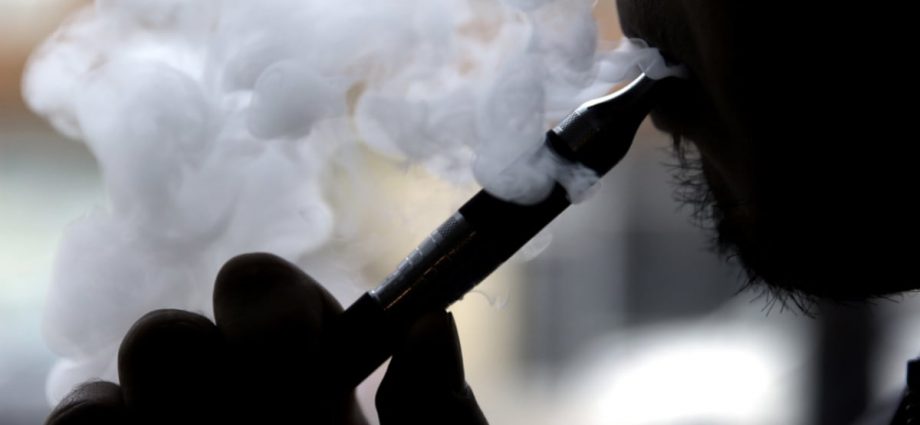
Those in the tobacco industry and some policymakers have also questioned why nicotine is allowed in cigarettes but not in e-cigarettes. In a Facebook post on Apr 2, Dr Lokman Hakim Sulaiman, a professor of public health, pointed out that the impact of poisoning from liquid nicotine is higher than nicotine from tobacco – the reason why it should remain on the poisons list.
“The nicotine in cigarettes existed naturally in tobacco leaves and the level is controlled under the Control of Tobacco Product Regulations,” said Lokman, who is based in a private medical university in Kuala Lumpur. “But vape is not tobacco, so the tobacco regulations cannot be applied to vape.”
Anti-tobacco activists have often urged the government to learn from history and not allow vaping as it did tobacco, arguing that the harms of smoking tobacco were not initially known but have since been proven.
The Malaysian Health Coalition has urged the government to delay the implementation of the excise tax collection and reinstate nicotine to the poisons list until the new tobacco Bill is passed.
The Malaysian government, past and present, has strongly advocated for preventive medicine on their healthcare reform agenda. Legalising liquid and gel nicotine goes against this.
The government owes it to future generations of Malaysians to retract the legalisation of vapes, at least until there is a clear way of safeguarding their health.
Loh Foon Fong is a senior freelance health journalist based in Malaysia.

